Description
Organic CUCUMBER GHERKIN PICCOLO DI PARIGI
Organic CUCUMBER GHERKIN PICCOLO DI PARIGI . A traditional French Cornichon pickler / gherkin seen in every French market. Huge quantities of tiny crisp spiny skinned cukes are produced from early in the season. Ideal whole / sliced or for pickling. 61 days from germination.
Cultivation Advice
- Choose a sunny location with well-draining, fertile soil. Ensure the soil is rich in organic matter by incorporating compost or aged manure.
- Sow seeds directly into the ground or start with seedlings. Plant seeds about half an inch deep and space them about 12 inches apart in rows or mounds.
- Keep the soil consistently moist but not waterlogged. Apply mulch around the plants to retain soil moisture, suppress weeds, and maintain soil temperature.
- Use organic fertilizers, such as compost or fish emulsion, to provide nutrients gradually. Top-dress with compost during the growing season for added nutrition.
- Regularly weed around the plants to prevent competition for nutrients and water.
- Provide support for the vines using trellises or stakes to encourage upward growth and prevent fruit from touching the ground.
- Monitor for pests like cucumber beetles or powdery mildew. Employ organic pest control methods such as hand-picking or using neem oil to manage these issues.
- Harvest Gherkin Piccolo Di Parigi cucumbers when they are small, firm, and crisp, typically 2-3 inches long. Regular picking encourages continuous production.
- Rotate crops yearly to prevent soil depletion and reduce the risk of pests and diseases.
- Consider succession planting, starting new seeds or seedlings every few weeks for a continuous harvest.
- Assist in pollination by encouraging bees and other pollinators to visit your garden. Plant flowers that attract pollinators nearby.
- Regularly check the soil moisture levels by digging a few inches deep into the soil. Adjust watering based on the plant’s needs and weather conditions.
- Train the cucumber vines onto trellises or supports to save space and ensure straighter, cleaner fruit development. This method also reduces the risk of fruit rot and keeps them off the ground.
- Employ preventative measures like row covers to protect young plants from pests. Introduce beneficial insects like ladybugs to control aphids and other harmful pests.
- Adequate spacing between plants ensures good airflow, reducing the risk of diseases like powdery mildew. It also prevents overcrowding, promoting healthier growth.
- Mulch around cucumber plants to conserve soil moisture, suppress weeds, and maintain a more consistent soil temperature.
- Keep the garden clean by promptly removing any fallen or overripe cucumbers, as they can attract pests or diseases.
- Harvest cucumbers promptly when they reach the desired size. Overripe cucumbers can hinder new fruit development.
- Regularly inspect the plants for any signs of stress, disease, or pest infestation. Promptly address any issues to prevent them from spreading.
- Periodically add organic matter like compost or well-aged manure to enrich the soil with nutrients and improve its structure.
- Consider planting companion herbs or flowers such as dill, marigolds, or nasturtiums. They can attract beneficial insects and repel pests, contributing to a healthier garden ecosystem.
- In extremely hot climates, provide some shade or use shade cloth to protect the cucumber plants from excessive heat, which can stress the plants.
- Harvest cucumbers frequently, ideally every 2-3 days, to encourage continuous production. Leaving overripe cucumbers on the vine can slow down new fruit development.
- Utilize preventive measures to avoid common cucumber diseases. Ensure good air circulation, avoid overhead watering, and remove and dispose of infected plants promptly.
- Adjust planting times based on your local climate. Start planting when the soil has warmed adequately for optimal growth.
- Apply organic fertilizers like compost tea or seaweed extract to provide additional nutrients and promote healthy growth.

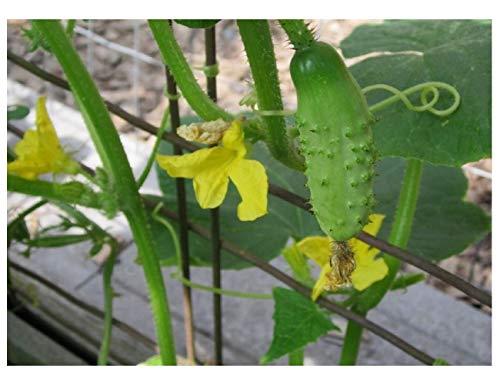
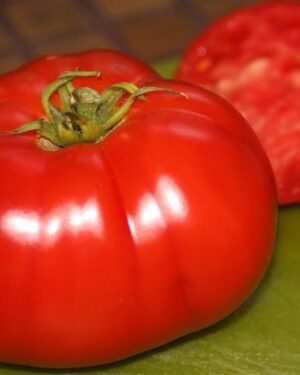
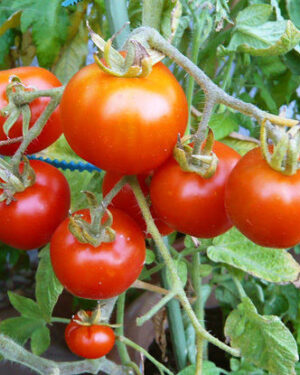
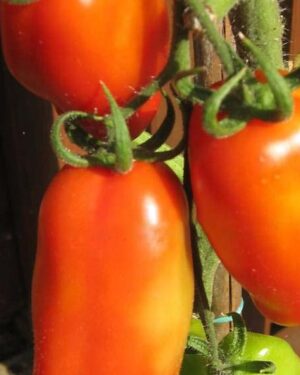
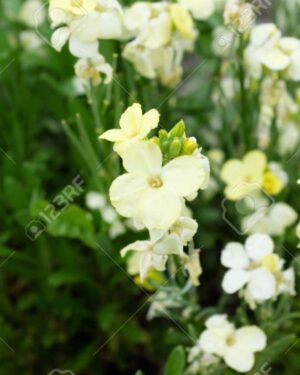
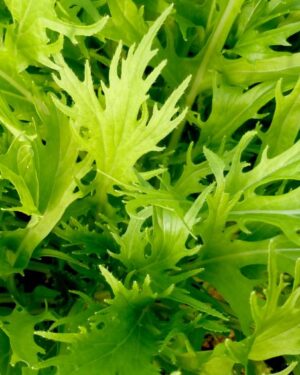

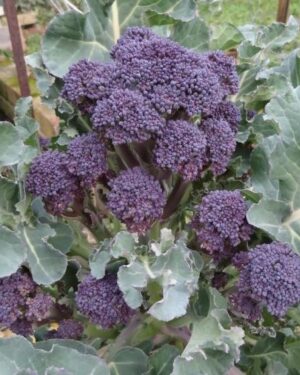
Reviews
There are no reviews yet.